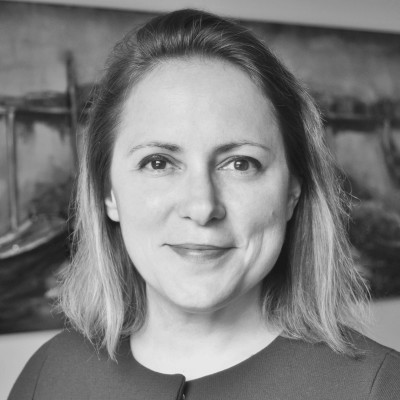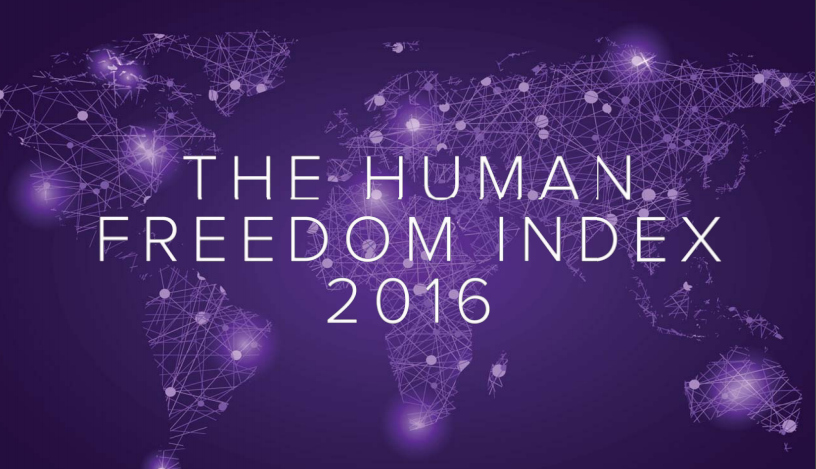
Open Letter on Plain Packaging: Five Years of Failure
December 1, 2017, marked the five-year anniversary of the full implementation of plain packaging in Australia. The removal of brands and trademarks from packaging remains a gross violation of intellectual property rights and has failed to achieve its intended goal.











